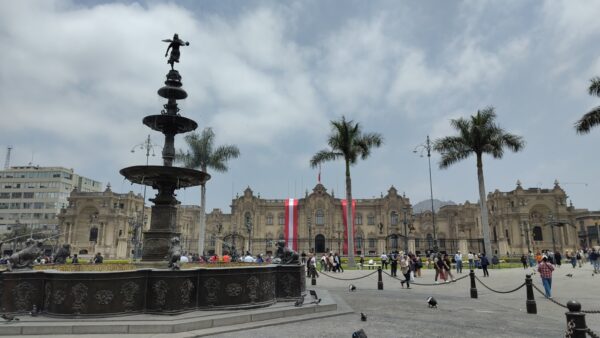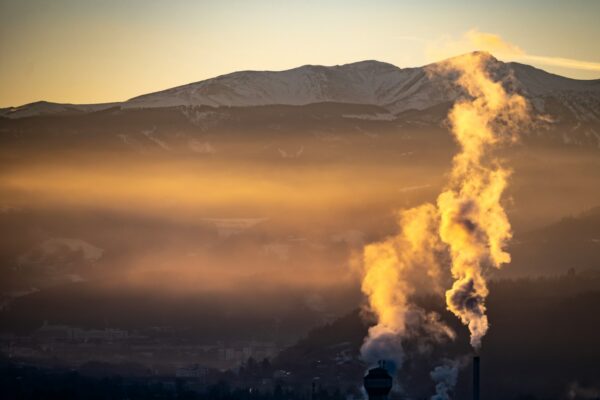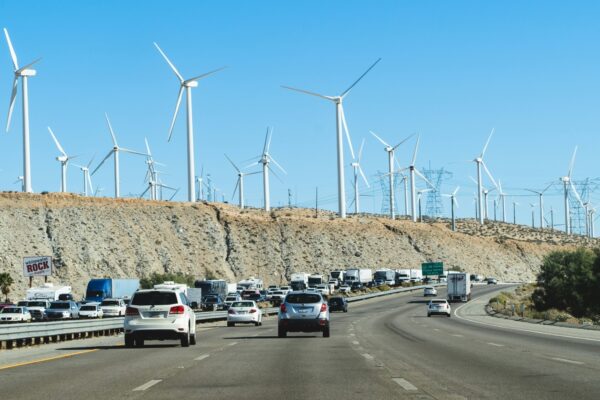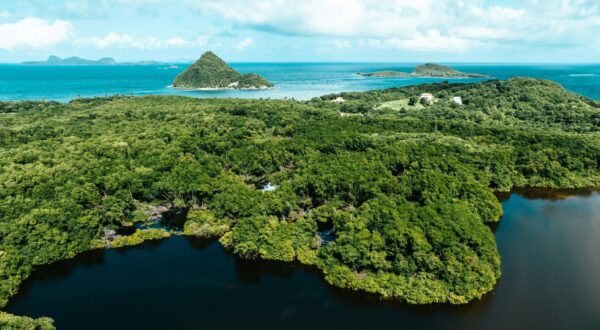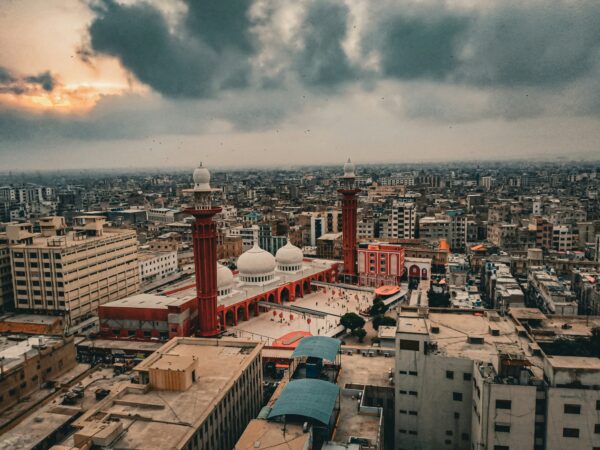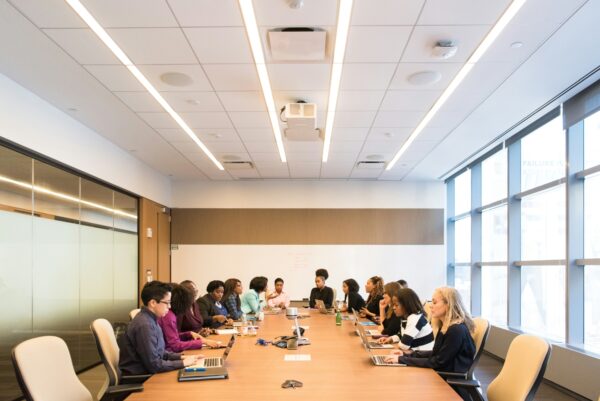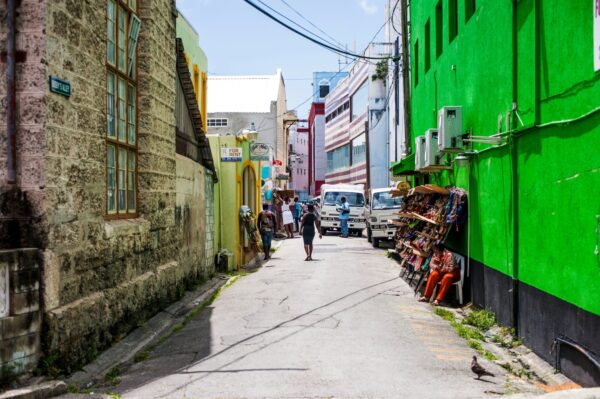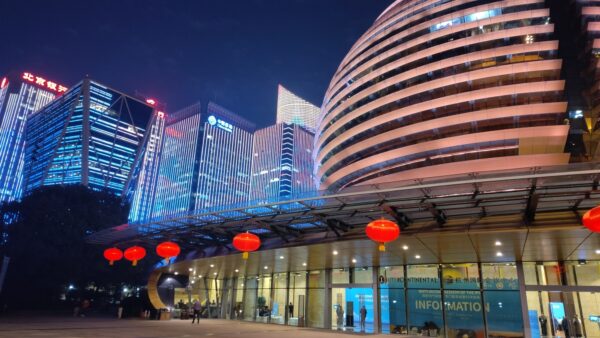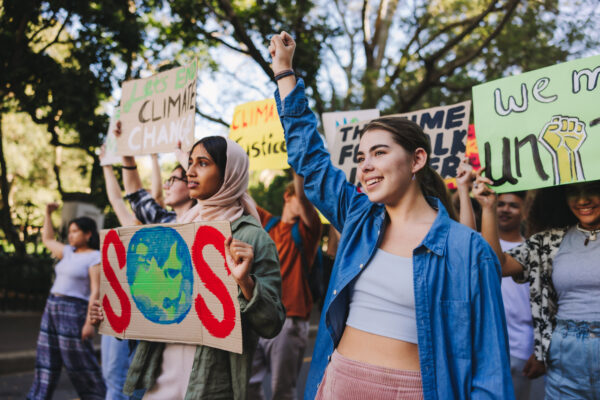The just transition looks different for small islands – their voices must be heard
The concept of a just transition is gaining momentum, yet it’s too often viewed through a developed country lens in international climate talks and discussions often ignore the links to climate justice. The unique concerns of small islands must be heard to ensure the just transition works for all.
Share
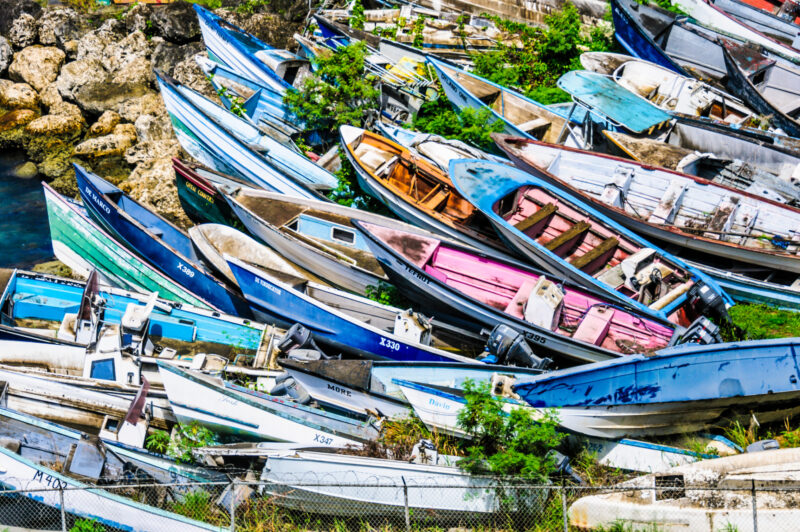
As Latin America and Caribbean Climate Week kicks off, climate justice is high on the agenda of small island developing states – and understandably so: these nations face arguably the greatest threat from climate change and did the least to cause it.
Yet, while the concept of a just transition is gaining momentum, as evidenced by the recent slew of Just Energy Transition Partnerships, it’s too often viewed through a developed country lens in international climate talks and discussions often ignore the obvious link to climate justice. The unique concerns of small islands must be heard to ensure the just transition works for all.
Climate justice and a just transition
Climate justice and ensuring a just transition are inextricably linked. The IPCC states that climate justice principles work to make development more sustainable, including through the “equitable sharing of benefits and burdens of mitigation” and by boosting resilience. In upholding the Paris Agreement, it’s also important that the transition to zero-carbon economies is met with equity for all countries.
However, the focus of recent just transition discussions tends toward the interests of large emitters and ignores the priorities of small island developing states. This is problematic as the whole point of the just transition is to consider all affected groups and ensure that no one is left behind. Everyone deserves a genuine seat at the table, especially low-income vulnerable countries.
What a just transition means for small islands
Typically, just transition discussions focus on job losses caused by the shift away from fossil industries. For small islands, just transition issues extend far beyond job losses and workers’ rights. They face a unique set of circumstances that include extreme vulnerability to external shocks, including economic and trade shocks, and the limited fiscal space to recover from them. Small islands are also highly vulnerable to climate impacts and have limited resources to respond.
Because just transition discussions in the IMF, ILO and IRENA concentrate on global governance in the energy transition, the differing priorities of small islands have been overlooked. The inclusion of issues like adaptation, climate justice, loss and damage, and access to finance in just transition discussions therefore requires engagement from small islands at both international and national levels.
At climate talks, small islands have been calling for just transition discussions to identify marginalised and at-risk countries and communities that face disproportionate challenges in accessing dependable, clean energy. Small islands also face challenges accessing clean technologies due to their high costs and get old, obsolete, or less efficient tech dumped on them by wealthy countries. What’s more, international climate policies can drive up prices in small islands, which are vulnerable to external market changes due to reliance on imports.
At the national level, just transition policies are important for the following reasons:
- Public participation is key for driving climate action. Just transition policies allow governments to highlight the benefits of a shift to a green or blue economy, including economic benefits. This approach shouldn’t just be ‘top-down,’ but receptive to the concerns of everyone involved, whatever their educational, financial and social needs within the transition. Developing a just transition policy also gives governments the chance to take advantage of the opportunities the transition could afford; new jobs with living wages, workplace safety, and health benefits.
- The transition can empower local solutions. Countries can better understand the implications (positive and negative) of bold climate action and identify appropriate solutions for their context by applying a just transition lens and going through the broad consultation processes associated with delivering a just transition.
- The just transition strengthens the idea that coordinated actions must be made immediately to mitigate climate change. Inclusion of a just transition strategy into short- and long-term climate plans, such as Nationally Determined Contributions and Long-term low carbon strategies, will create an enabling environment for rapid decarbonisation while simultaneously aiming for inclusive and fair outcomes.
Just Transition Work Programme: why small islands should engage
At COP27 last year, governments set up the Just Transition Work Programme to figure out how to deliver the Paris Agreement’s goals in a just and equitable manner. Governments and CSOs discussed the programme’s scope, objectives and institutional arrangements and shared ideas on job creation and economic diversification at the Bonn climate talks this June.
The upcoming climate talks in Dubai present another opportunity for countries to hone in, refocus and agree clear routes to a just transition for all involved. Small island developing states can work to ensure their priorities are taken into account in this process through clear submissions and participation in the discussions at COP28.
The world needs to rapidly transition to a sustainable, net-zero future in order to prevent climate catastrophe. On top of moving fast, the transition needs to be fair and inclusive. Fortunately, the ‘just transition’ movement is gaining steam. It’s increasingly appearing in the worldwide conversation on net zero and decarbonisation; it’s being referenced by more nations in their medium- and long-term climate strategies; coalitions are building, and partnerships are forming.
If handled properly, the transition could herald a systemic shift that benefits all societies, workers, and nations. This would call on all involved – governments, unions, businesses, the public sector, civil society – to sit round the table and hammer out a fair way to reshape our economies. From developing high-calibre green jobs to identifying sustainable alternatives, all parts of society need to engage to determine the best options for their regions and communities.
Parties and non-party stakeholders alike must ensure that the Just Transition Work Programme addresses priority issues for all, including adaptation, loss and damage, climate finance access, debt sustainability and managing external economic shocks. The interlinkages with the programme and the transition of each individual island state is ever more important during this critical decade of climate action.


